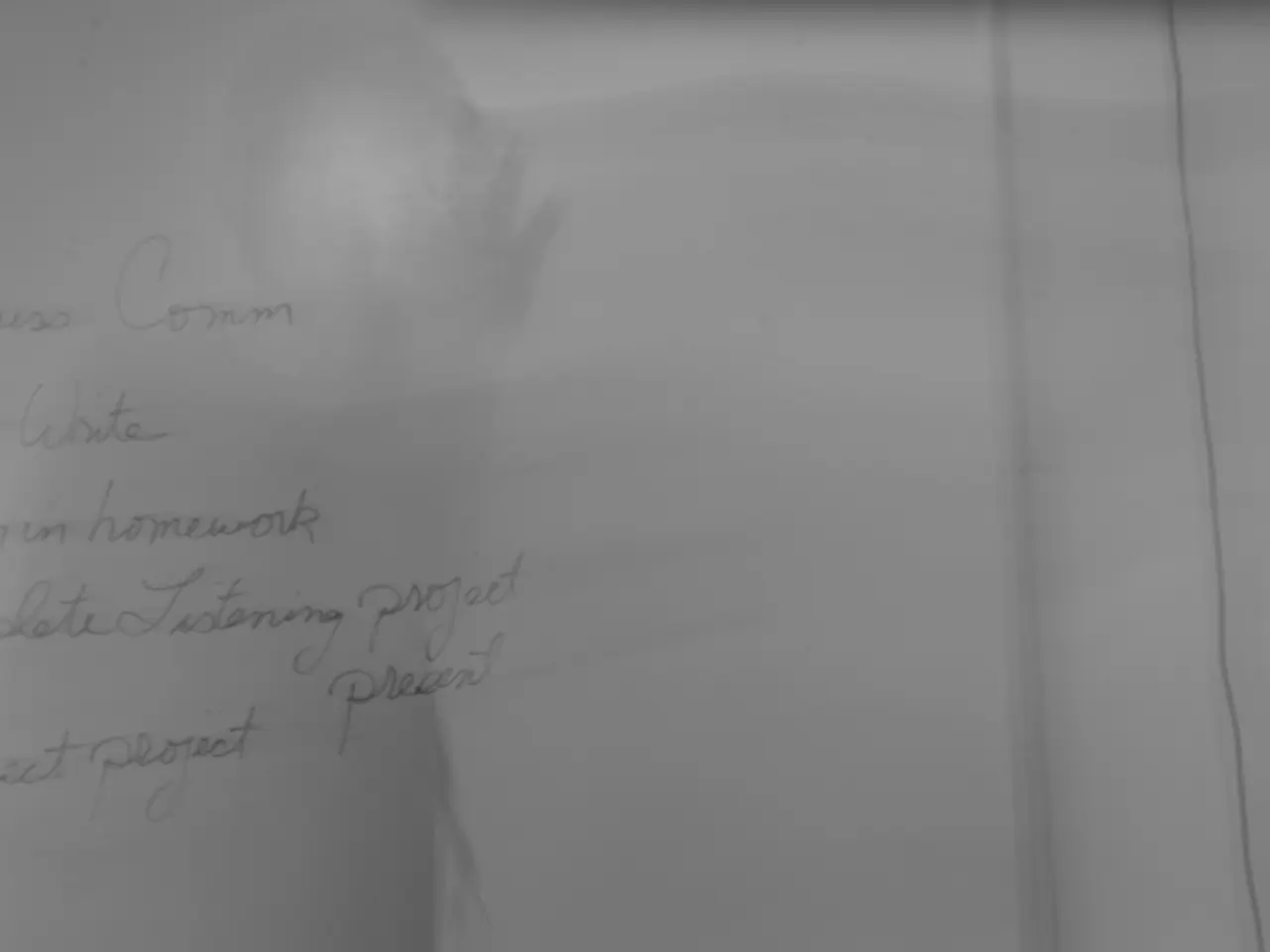Investigating the Function of the World Intellectual Property Organization
The World Intellectual Property Organization (WIPO), established in 1967, is a global organization that plays a crucial role in shaping patent law. With 194 member states, WIPO's mission is to standardize and harmonize patent practices across different jurisdictions.
WIPO promotes the dissemination of best practices in patent legislation to ensure countries are equipped to adapt to evolving technological advancements and challenges. By fostering legislative collaboration in patent law, WIPO facilitates discussions among nations to create a more balanced intellectual property landscape.
One of WIPO's key functions is the administration of the Patent Cooperation Treaty (PCT), which allows inventors to file a single international patent application to seek protection in multiple countries. Recent enhancements by WIPO aim to improve the quality and accessibility of international search reports and written opinions, helping applicants make informed decisions during the national phase of patent prosecution.
WIPO also manages 26 treaties that govern various aspects of intellectual property, providing a legal framework to align patent laws internationally and to standardize IP protection mechanisms. Additionally, WIPO works with member states to develop common standards and shared infrastructure for IP systems, which helps connect national patent offices and harmonize practices including classification and examination procedures.
To further encourage harmonization, WIPO provides technical assistance and resources to developing countries to enhance local patent systems. The organization also conducts training sessions and workshops for law enforcement officials, customs authorities, and businesses about anti-counterfeiting practices.
Moreover, WIPO advocates for flexible frameworks that allow for alternative licensing models, such as compulsory licensing, to enhance accessibility without stifling innovation. By reinforcing anti-counterfeiting measures, WIPO supports innovation and economic growth, and maintains a market free from counterfeit goods for new inventions to thrive.
WIPO also prioritizes enhancing cooperation between member states to streamline patent sharing and focus on international patent procurement processes. The organization provides a framework for member states to collaborate and exchange best practices in patent law.
In addition to its work in patent law, WIPO oversees numerous international treaties related to patents, trademarks, and copyright. The organization's role includes promoting cooperation among member states, streamlining patent systems, and addressing challenges posed by emerging technologies.
WIPO's initiatives streamline patent protection to simplify the process, reduce costs, and increase consistency across jurisdictions. By fostering patent law harmonization, WIPO aims to reduce discrepancies between national systems, improve patent quality, and encourage innovation and licensing worldwide. In doing so, WIPO facilitates international cooperation, enhancing global trade and innovation.
The World Intellectual Property Organization (WIPO) facilitates discussions among nations to create a more balanced intellectual property landscape, which can potentially encourage finance in the technology industry. By fostering a harmonized patent law and providing technical assistance to developing countries, WIPO helps streamline patent systems, ultimately leading to simpler, cost-effective and consistent patent protection mechanisms worldwide.




